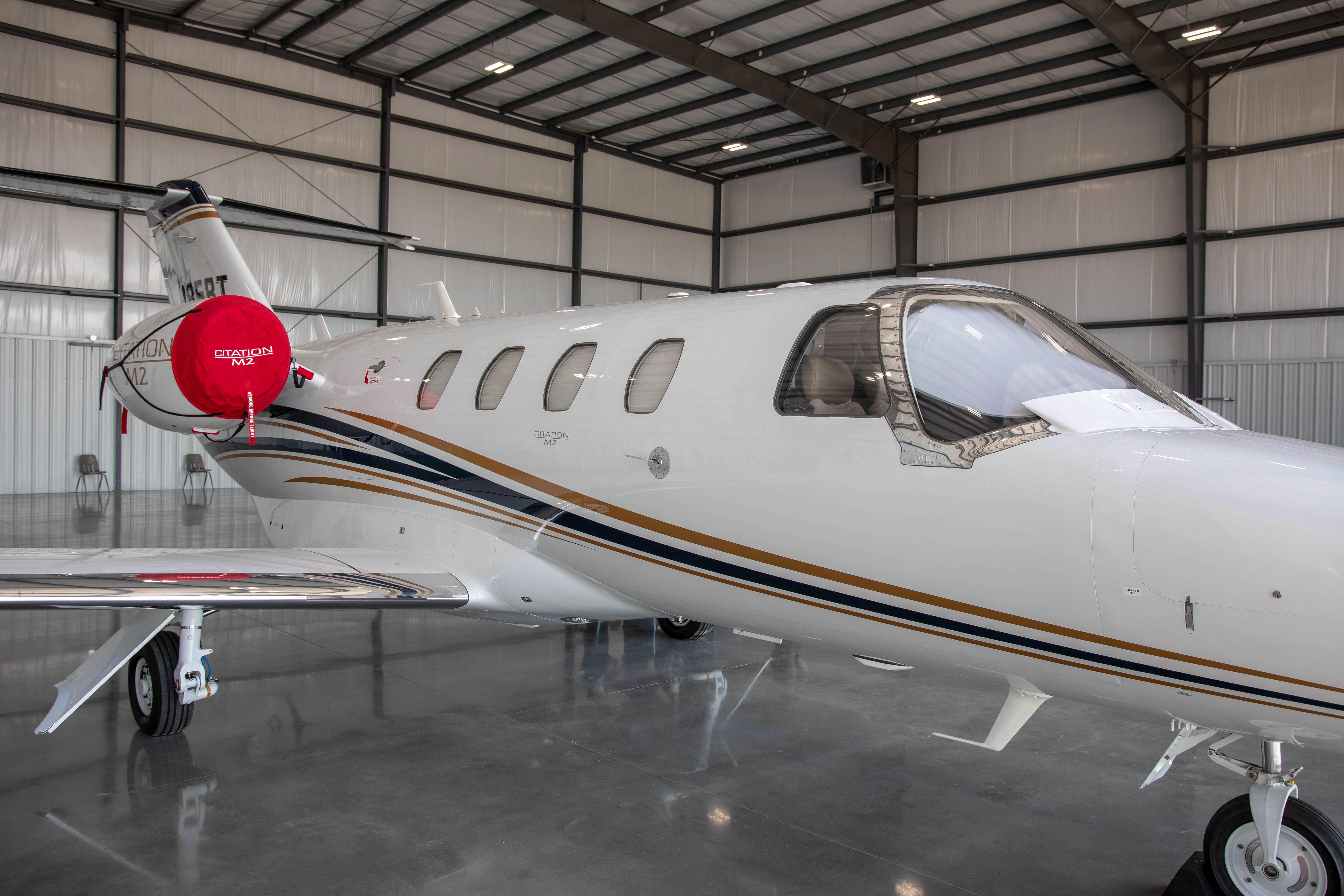North Carolina’s publicly owned airports contribute $61 billion to the state’s economy each year and support 373,000 jobs, according to a report released by the N.C. Department of Transportation’s Division of Aviation.
Airports and aviation-related jobs also provide $15 billion in personal income and contribute $2.5 billion in state and local tax revenues every year, based on 2019 data.
The report, North Carolina: The State of Aviation, highlights the pre-pandemic economic impacts of the state’s public airports and the related aviation and aerospace assets that support North Carolina’s aviation economy. NCDOT creates the report every two years to help guide future investment in aviation infrastructure and provide a tool for recruiting aviation and aerospace industry companies and investment.
Local Airports and their economic impact:
- The Wayne Executive Jetport supports 345 jobs; a personal income of $16,650,000; $1,847,000 in state and local taxes; and an economic output of $58,170,000.
- The Mount Olive Municipal Airport supports 210 jobs; a personal income of $10,870,000; $670,000 in state and local taxes; and an economic output of $21,880,000.
- The Kinston Regional Jetport at Stallings Field supports 2,105 jobs; a personal income of $115,000,000; $10,994,000 in state and local taxes; and an economic output of $487,170,000.
North Carolina’s public airport system boasts 10 commercial service and 62 general aviation airports that connect local businesses and communities to global markets, house and refuel private aircraft, support military and agricultural aviation and statewide emergency response, and provide aviation services such as aerial photography and pilot training. The commercial service airports also offer regularly scheduled passenger service.
All airports generate significant economic return for their communities and the state. For instance, North Carolina’s public airports lease space to more than 3,300 private aircraft that generate more than $11.6 million in property tax revenues for their communities each year. The owner of a $23 million aircraft based at a North Carolina airport pays local property taxes equivalent to those paid by owners of 115 homes valued at $200,000 each.
The report contains data compiled and analyzed for NCDOT by North Carolina State University’s Institute for Transportation Research and Education. Impacts are calculated based on factors such as jobs supported by the airports and the businesses that rely on them, business and leisure travelers, and airport capital projects and operations.


